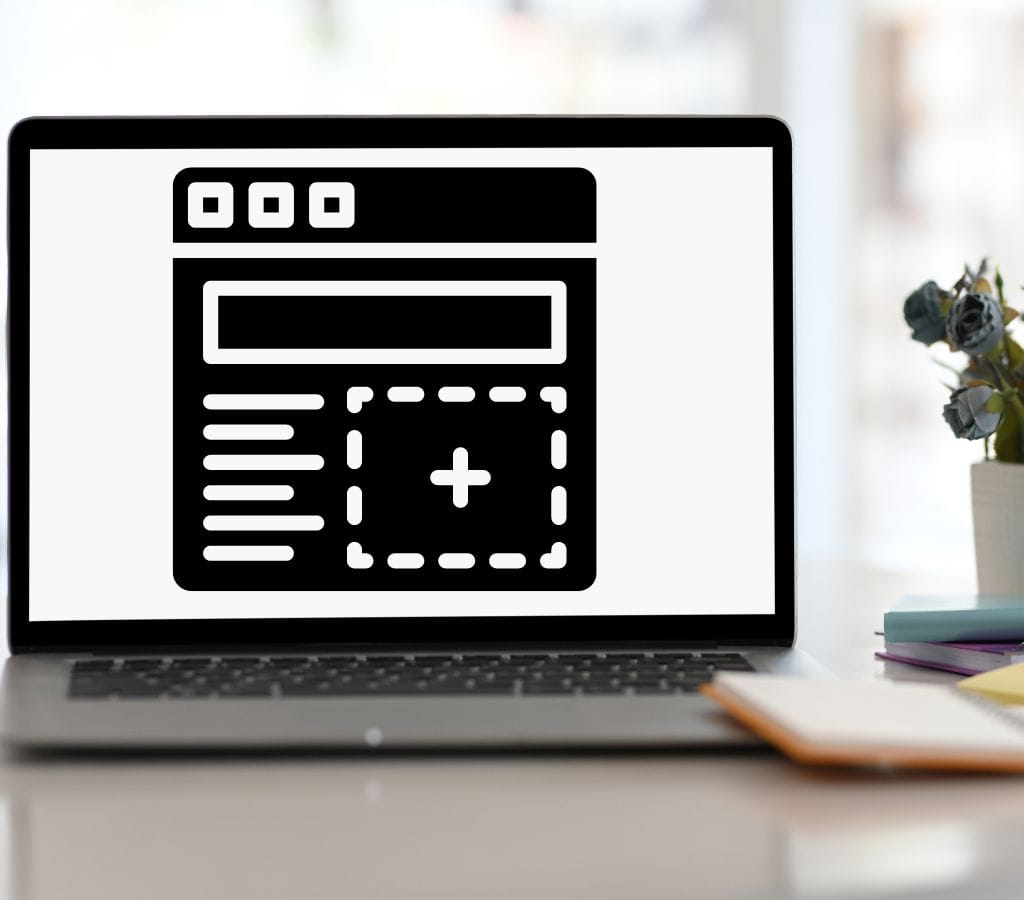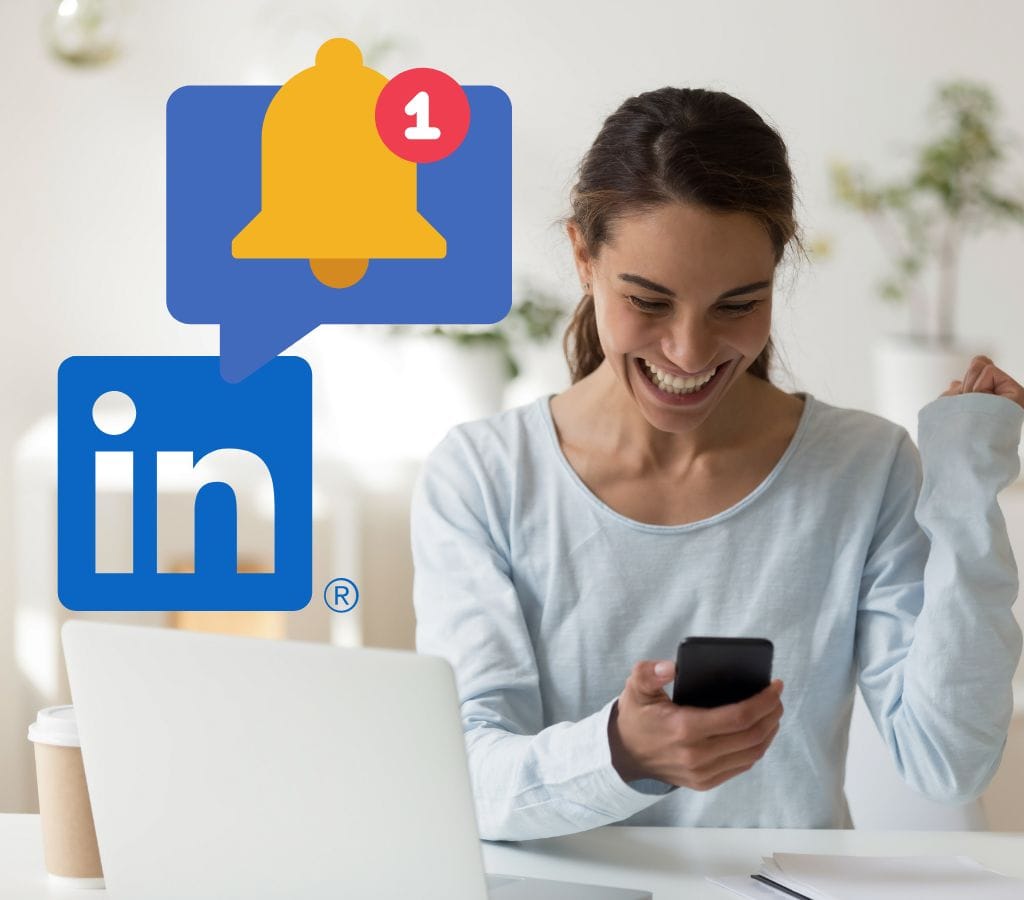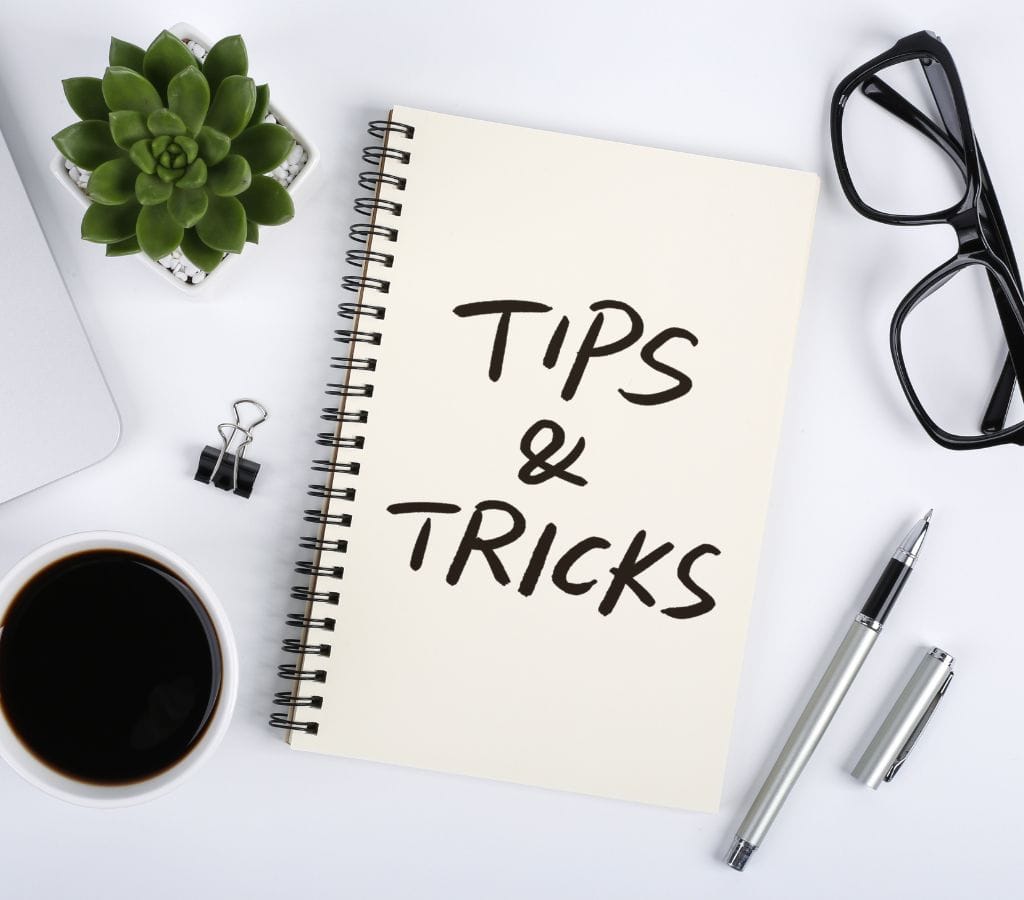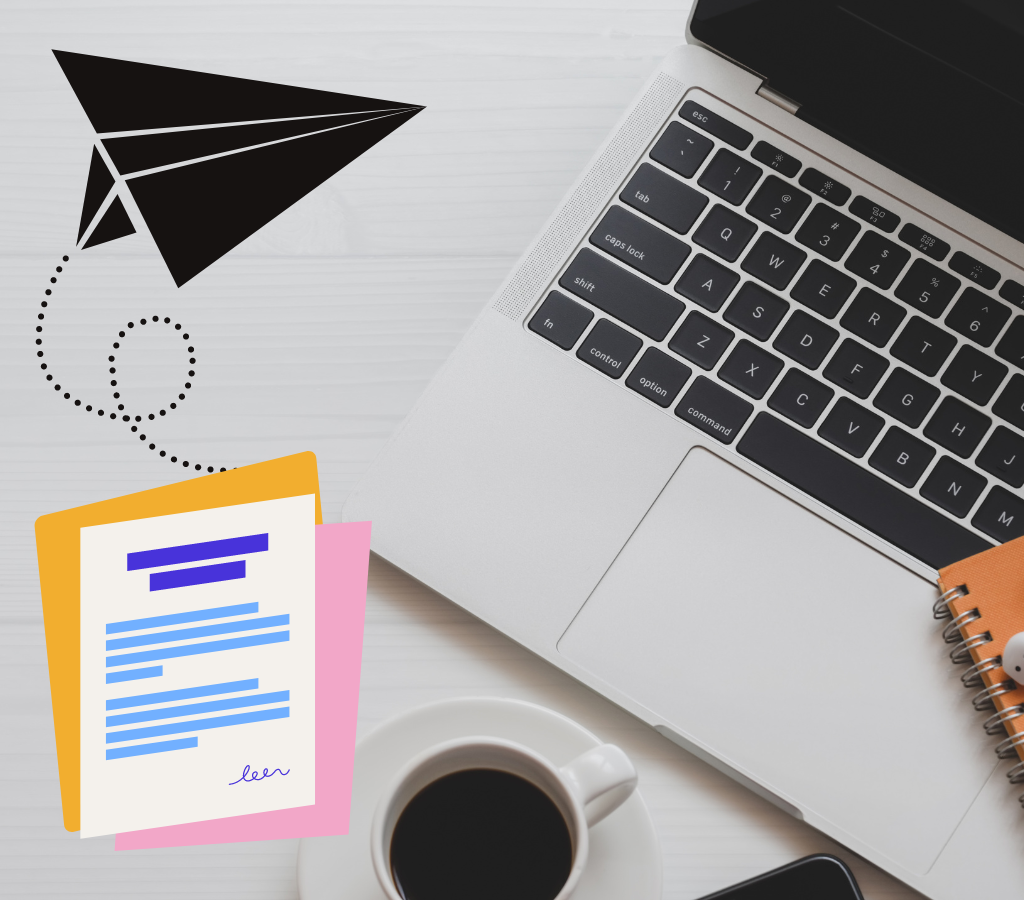After a job interview, it is only natural to want an update on the hiring process, particularly if you feel it went well.
Crafting a well-thought-out follow-up email can showcase your professionalism and attention to detail, potentially tipping the scales in your favor during the decision-making process.
However, there are several potential mistake to avoid when sending a follow-up email after the interview.
Why Follow-Up Emails Matter?
Follow-up emails let you show that you're still interested in the job, give any extra information that they might need, and make a good impression. People often make decisions based on the whole thing you present, which includes how you did in the interview and how you acted afterwards. A well-written follow-up email can help you stand out from other applicants and show that you're really interested in the job.

When to Send a Follow-Up Email?
It is essential to leave time for the dust to settle. There’s a good chance your interviewer is speaking to other candidates, so there’s little to be gained from contacting them on the day. Wait a few days before sending that all-important follow-up email. This allows the interviewer to process the information from the interview and gives you time to gather your thoughts and compose a professional message.

How to Write a Polite Follow-Up Email?
- Subject Line:
- Use a clear and concise subject line that indicates the purpose of your email. For example, "Follow-Up on Interview for [Job Title] Position."
- Introduction:
- Start with a professional greeting and address the interviewer by their title and last name.
- Express gratitude for the opportunity to interview and reiterate your interest in the role.
- Body:
- Clearly state the purpose of your email. You can say something like, "I wanted to inquire about the status of my application after my interview on [date and time]."
- Provide any additional information that might be relevant, such as new skills or experiences that you believe would be beneficial for the position.
- Show enthusiasm for the role and express your eagerness to contribute to the organization.
- Closing:
- End with a professional closing and your full name.
- Include a polite call-to-action, such as asking for an update on the recruitment process or requesting any follow-up questions.
- Attachments:
- If you have any attachments, such as your resume or references, make sure to include them in the email.

Example of a Polite Follow-Up Email
Subject: Follow-Up on Interview for [Job Title] Position
Dear [Interviewer's Name],
I hope this message finds you well. I'm writing to inquire about the status of my application in relation to our interview on [Date and Time]. I am still extremely enthusiastic about the [Job Title] position and am genuinely grateful for the chance to discuss it.
I'm eager to communicate my commitment to [Company Name] and to reiterate my enthusiasm for the position. If there is any additional information I can provide or if you need any further details, please let me know.
Thank you for your time and consideration. I look forward to hearing from you soon.
Best regards, [Your Full Name]

Alternatives to Email Follow-Up
Sending an email may not be the best way to follow up, especially if you haven't talked to the person via email before. Some or all of these options may be better for you depending on the job you're looking for:
- Phone Call:
- If you have the interviewer's phone number, you can follow up with a friendly call. If they don't answer, leave a message and then send an email to confirm your call.
- Recruiter:
- If you’ve been working with a recruiter on the job role, you can also reach out to them to follow up with the hiring manager.
- LinkedIn Message:
- If you know the interviewer on LinkedIn, giving them a message on LinkedIn can be a professional way to follow up.
Common Mistakes to Avoid
- Pushiness:
- Try not to come off as too pushy or aggressive. This might decrease your chances of getting the job.
- Informality:
- Remember to be polite and professional. Do not use jokes or language that is too casual.
- Lack of Clarity:
- Be clear about the purpose of your message. Don’t waste time and words on unnecessary small talk.
- Over-Attachment:
- Do not send too many attachments or messages that are too long. Short and to the point is best.

Additional Tips
- Timing:
- Do not send a follow-up email until a few days have passed. So, the interviewer has time to think about what they learned about you.
- Organization:
- If you can, use an email thread that is already going. This helps keep the talk on track and gives your communication a sense of continuity.
- Personalization:
- Add something personal to your email by talking about the subject that was discussed in the interview. It will help them remember and show that you were paying attention.
- Conversational Tone:
- Using a casual tone will make it sound more natural. This can make it easy to read and write your email, and the other person won't feel like they have to answer in a formal way.
An important step in the job search process is sending a follow-up email after an interview. Being professional, nice, and clear can help you show that you're still interested in the job, which could tip the balance in your favor. When you follow up, make sure you avoid common mistakes and use the right method. You can write a follow-up email that has an effect on the interviewers and increases your chances of getting your dream job if you practice and pay attention to the little things.

